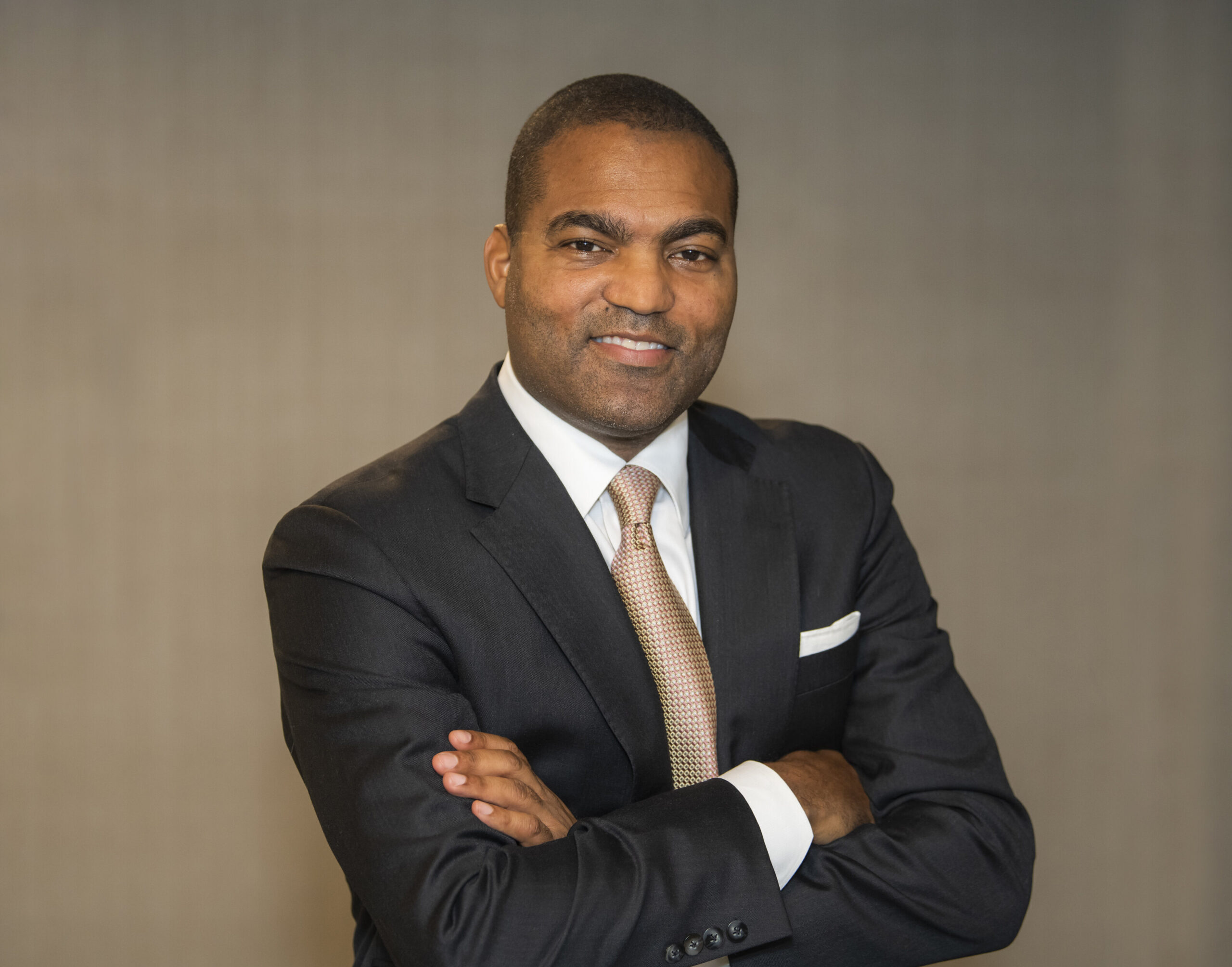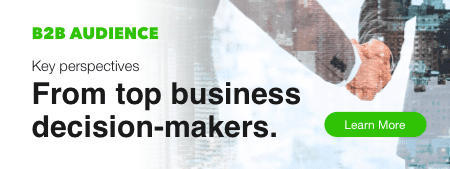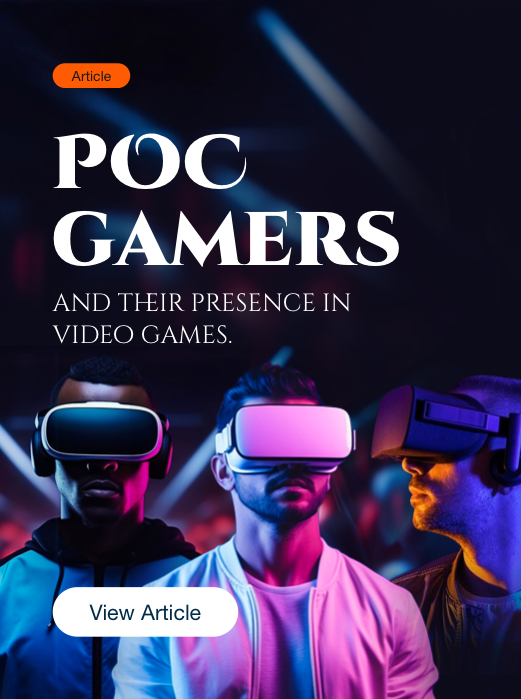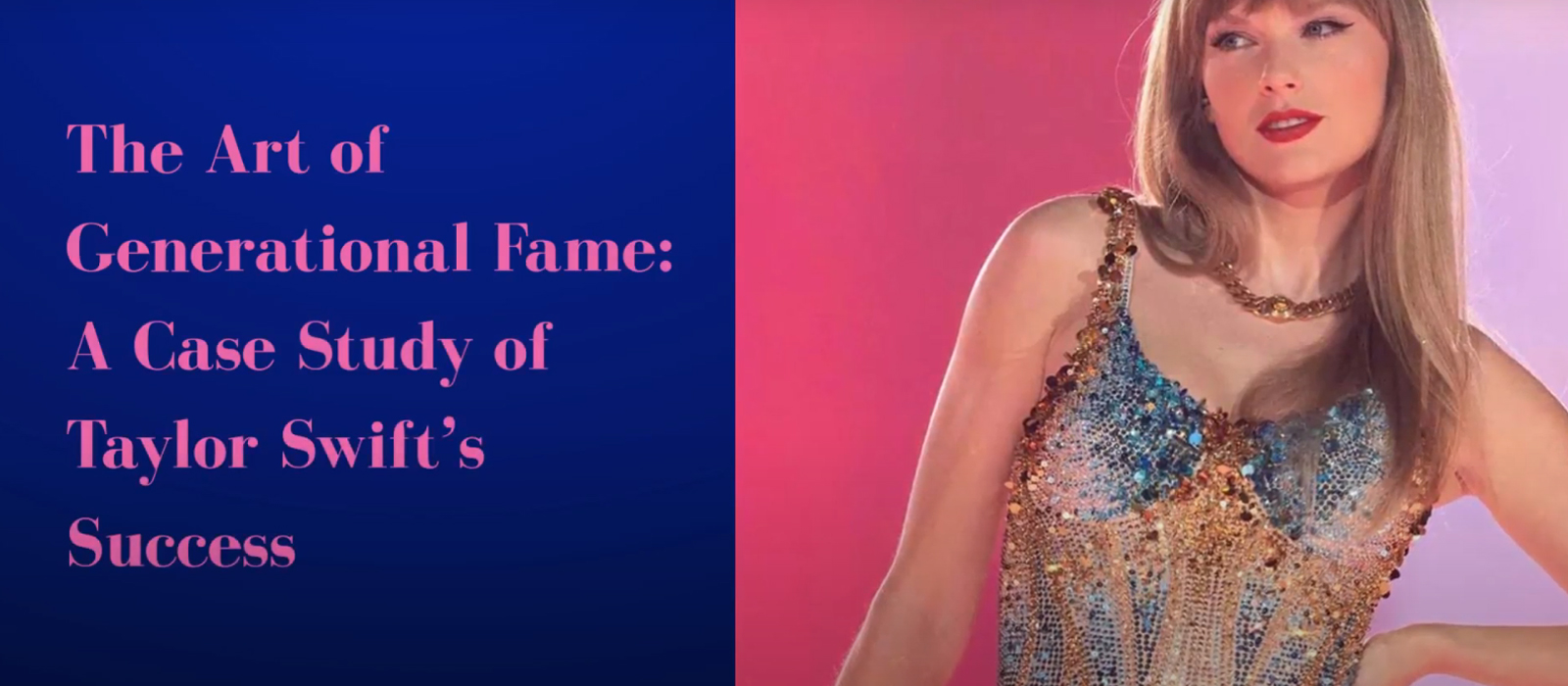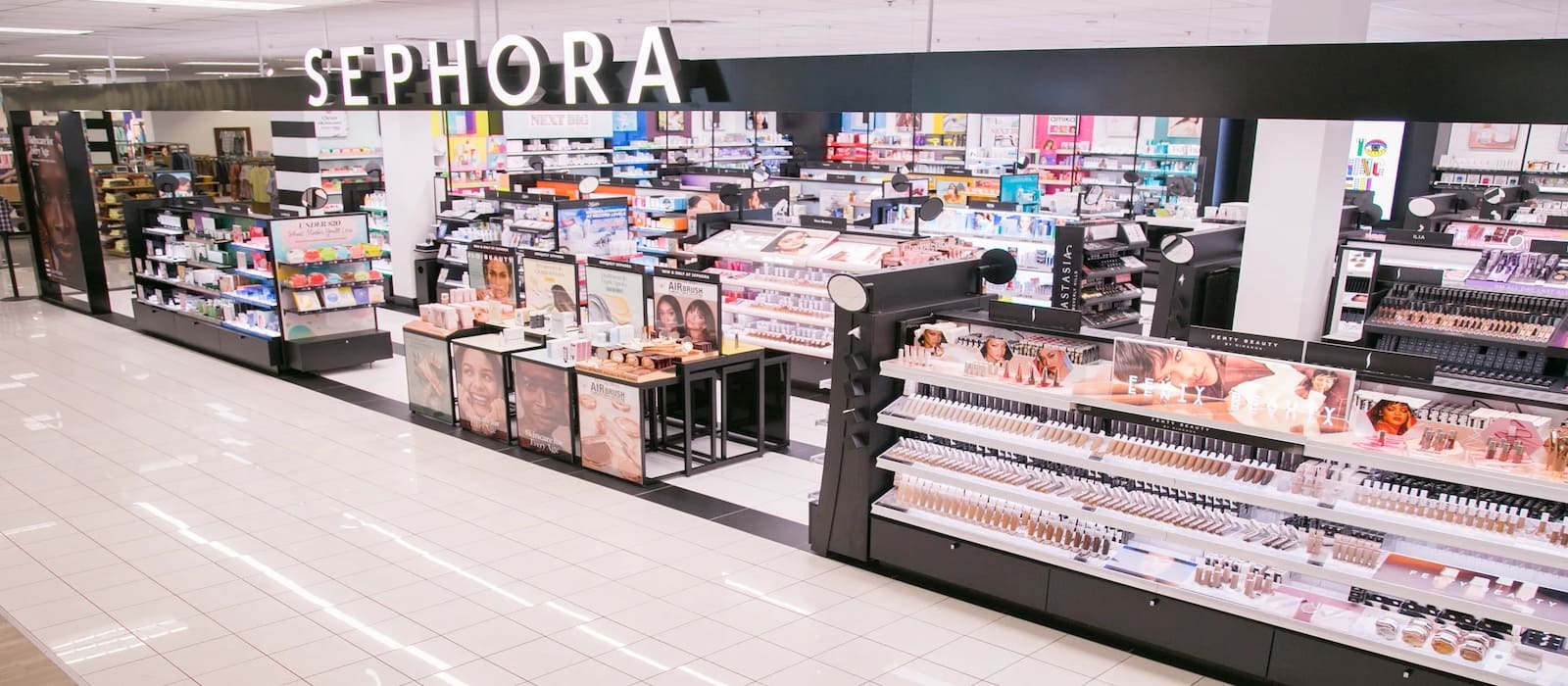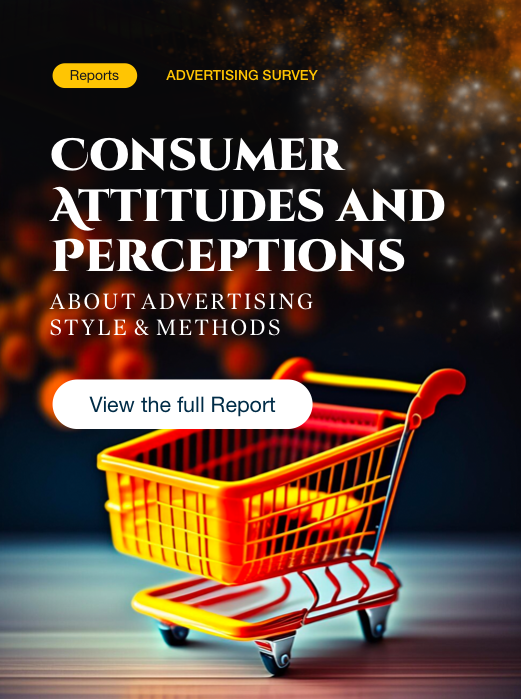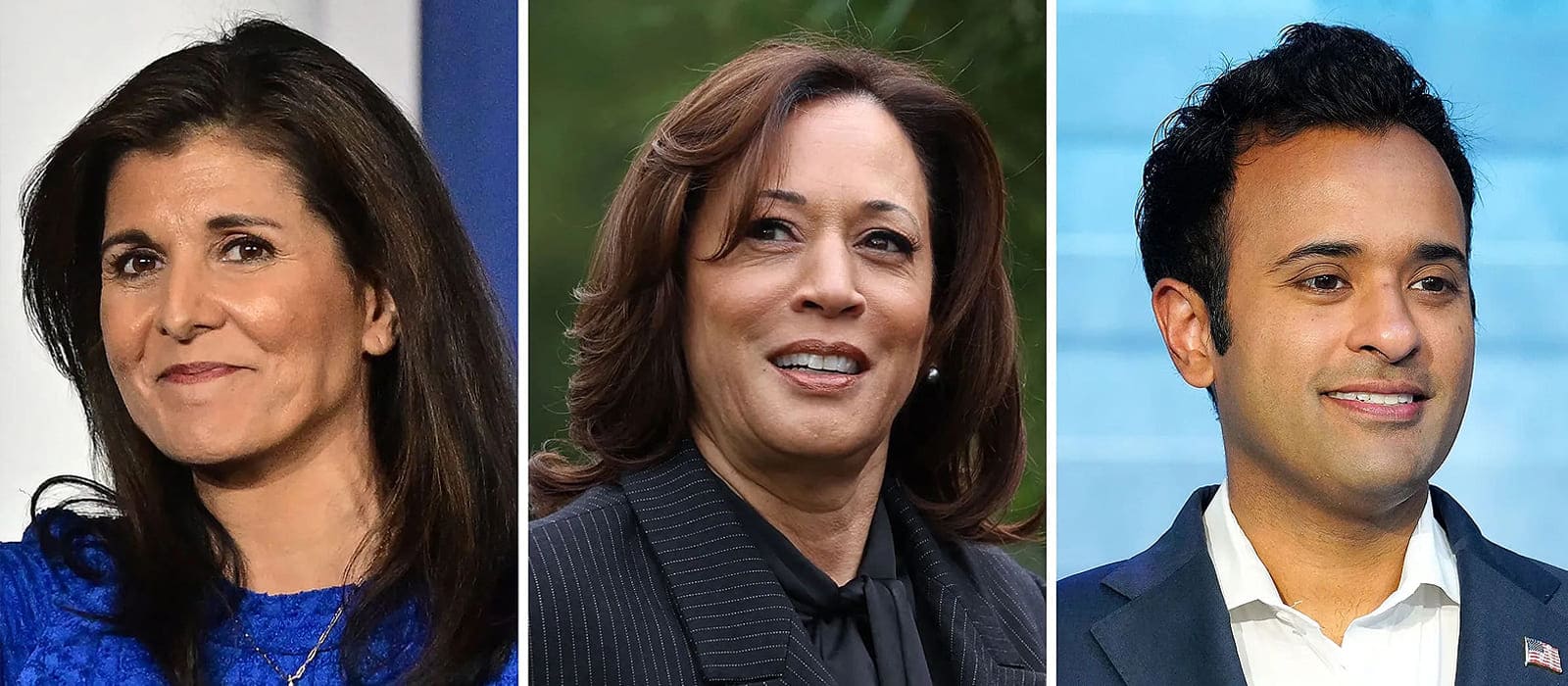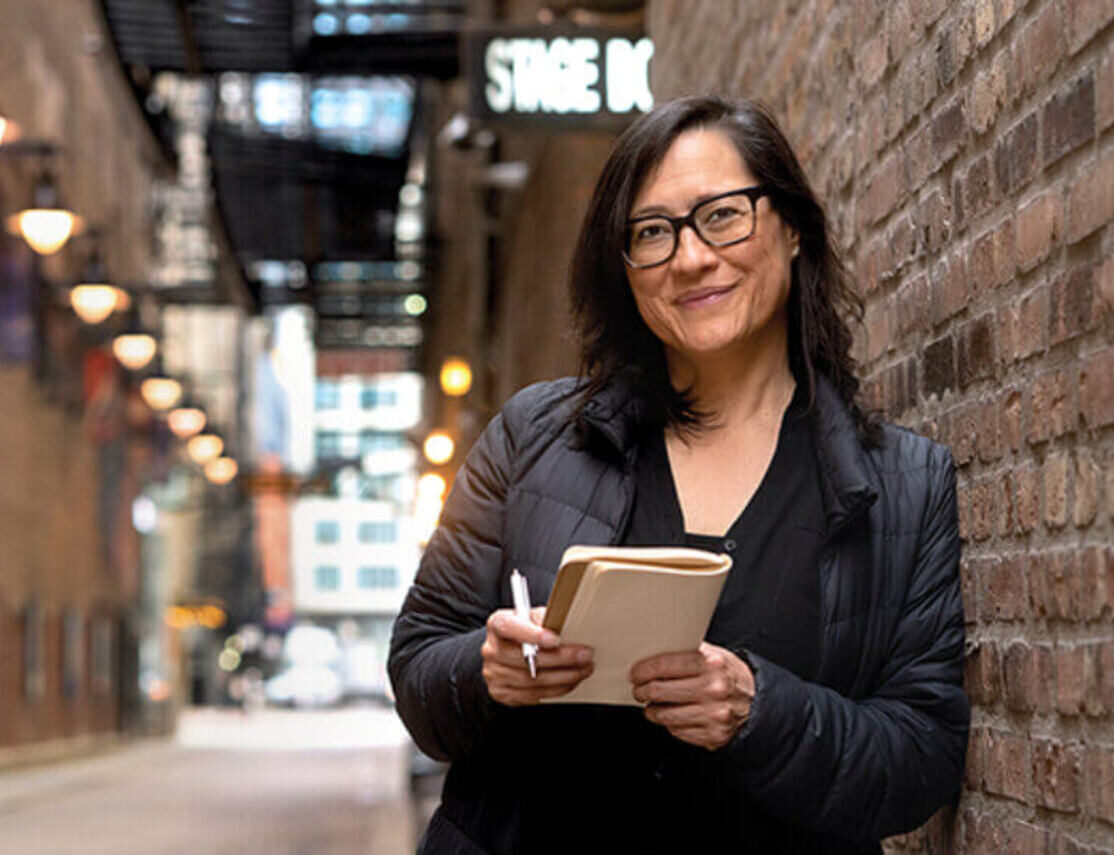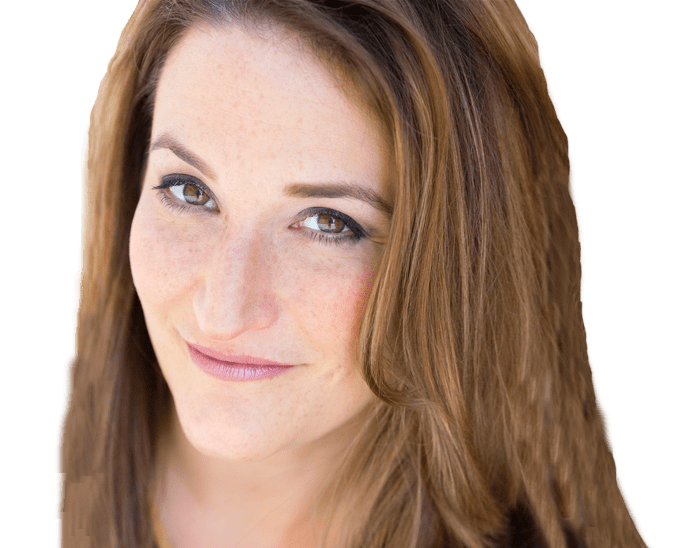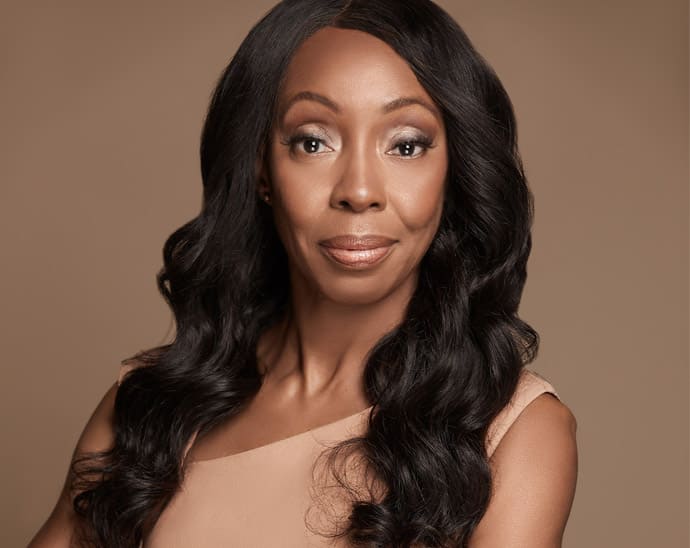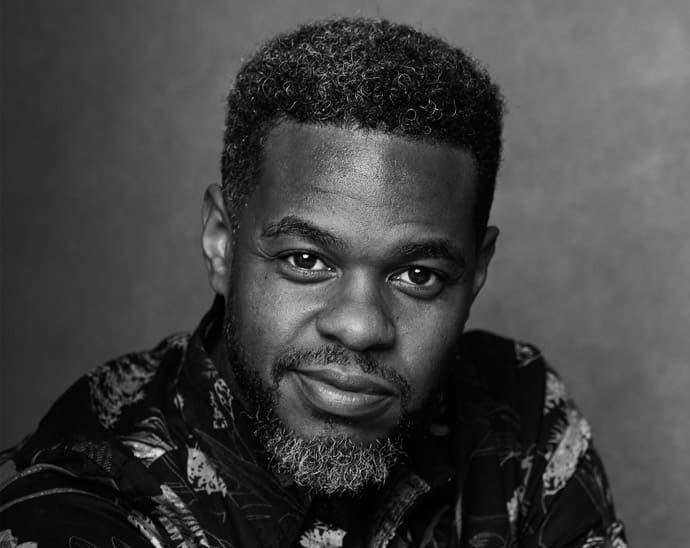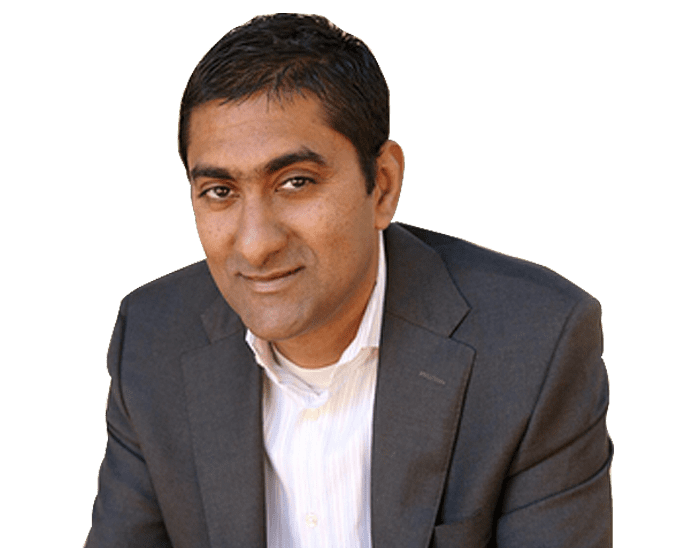- You’re a second-generation entrepreneur in the food industry. Can you describe your upbringing and what ultimately led you to launch your own company in hospitality?
My late father, who passed in 1999, was an entrepreneur, along with my mom. They were both entrepreneurs and parents that I looked up to. I would see my dad come home and read The Wall Street Journal and New York Times or read a book. He also taught on the side, and with my mom’s work ethic, I was exposed to them doing entrepreneurial things as an adolescent.
Eventually, my father started a business in food manufacturing. I didn’t necessarily know I wanted to be in the food industry, but I did know after several years of observation and eventually getting involved in his respective business, that I wanted to be an employer. I wanted to provide jobs and provide opportunities for all people, but mainly people of color.
- You put a huge emphasis on brand. I was reading about that on your website. Tell me a little more about that.
Well, that’s just sort of the relationships we have and that we work with. It’s typically established brands. That’s not to say that’s the only route into this industry. A lot of the food service management contracts we have are high-volume contracts.
Take Guinness for instance, which is a 265-year-old brand owned by Diageo– it’s just not a brewery. It’s an experience– there’s a retail component, there’s a private dining room, there’s a full-service restaurant and brewery there. We can do tours. It’s a full entertainment venue, and the reason that works for us is that we’re able to create 100 local jobs into this hospitality line of business and help develop meaningful career paths.
The restaurant will probably land in the top quadrant of high-volume restaurants in Chicago, so the experience that some of our young people get is unmatched.
- If I were starting a company, what do you think some of the challenges are that I would encounter? What advice would you have?
Capital is always a BIG one. How will one fund a deal and help it grow over time? The other is building infrastructure to support one’s growth.
- Do you love what you do now? What do you love about it?
I do love it. It’s a lot of work to build an organization. Crains does an annual ranking of the top fastest business companies – we were number 3 and this past year we were number 24.
We might have been one of a couple of minority owned businesses–there definitely weren’t many out of the top 50. Point being, there’s not a lot of peers in this pool. Not a lot of people that you can collaborate with, so it can get lonely from time to time.
I would not be in this thing if I didn’t love it. I breathe it; I sleep it; I eat it every single day. I do, however, debrief and balance, but ultimately, I love providing jobs and opportunities to others. It brings me a ton of gratification to have somebody join the team and to see he/she grow and move through different lines of business and grow internally within our organization.
- Does it feel lonely at the top?
Being a second generation in the space, there are legacy relationships that my dad had of existing or former business owners that I can reach out to and have very candid, open conversations with. It doesn’t always have to be someone of color– it could be just someone who built something similar. But sometimes what we go through is a little bit different than what maybe a majority owner may go through.
I happen to be going to dinner this evening with a family friend who was an executive at Google and has since formed his own investment firm. He is pulling together 5 other guys to have dinner tonight. And we’ll probably have some candid conversations about life, family, sports, and of course business. So those kinds of informal forums help.
- Your organization provides food to Chicago Public Schools. How did that start? And do you think there's a role for hospitality companies such as yours to play, in addressing the food issue in our community?
There are few local contacts, particularly in urban communities. Going back 12 years, Aramark was coming into Chicago and they wanted to somehow break through into the Chicago public school system. And then the president of their K-12 dining division reached out to several local contacts, and those 2 or 3 people that he talked to pointed to me.
Slightly before Aramark approached me, we landed our first contract with them on the business dining side (AT&T). The second one was Chicago Public Schools on the food service side. And we started with one employee on that account. That account grew to 50 or so employees over the last decade.
We used this as a stepping stone to build from and eventually get into other lines of business. We didn’t rely solely on that contract, as most contracts have life cycles.
- What are some of the barriers that you think still exist for POC entrepreneurs?
Again capital is always a barrier. I mean, our gaining access to it is a never-ending battle. The good news is there are more vehicles out there (i.e. crowd funding etc..) today. Thankfully, we’re in a really strong fiscal position. But I remember talking to several banks, telling them what I was going to do and having a track record of being a successful entrepreneur. And some banks passed on it. Wintrust, thankfully, they followed up, and we kept the dialogue going. We needed to see it through, but it took almost a year from end to end to get a live credit facility. But they stepped up. And they’ve been my bank ever since.
Outside of capital is having organizational depth– having a team to constantly execute. We can win business, but can we keep it? Can we retain it? Can we work through the ebbs and flows? Do we have the infrastructure to run an account, whatever that respective account is?
- What do you think certain individuals or businesses get wrong when it comes to diversity and inclusion, on the entrepreneur side?
Maybe the self-reliance on it. DE&I is under a lot of scrutiny right now. There’s a lot of scrutiny and a lot of misconceptions. Whether it be in corporate, higher education, transportation, etc., there’s a lot of scrutiny, and a lot of chatter going on around DE&I. And I think it has historically been looked at as a way to maybe step into the arena to forge a relationship with a corporation that has sensitivities around inclusion and leveling the playing field. What I try to do is use that to my advantage, not lead with it, but provide a quality product and/or service.
What I try and lead with is again, not being a one-trick pony, having infrastructure, having a strong fiscal position, having a great reputation in terms of what we do as an organization, and having depth. And we can now boast about the fact that we have Fortune 100 companies as clients.
- You work in the airport industry, and there's been a lot of shift in that space, with air travel becoming more troublesome for passengers. Is there anything specific that your company can do to combat some of those travel issues to alleviate those issues for travelers?
We try and keep a pulse of what’s going on with the traveler. But at the end of the day, it’s not rocket science. It’s about customer service. It’s about identifying the opportunities and needs of travelers. It’s about understanding the business you’re in and leading with the customer’s needs.
Typically, traveling is a stressful experience. I mean you travel to the airport, and you come through security. You hope that the line’s not long. And then from that point you say, well, how much time do I have left to board my flight? We know going into it is a stressful situation, so we anticipate this we try and determine how we can de-stress the travelers and put a smile back on their faces.
- How do you define success?
My measure of success is seeing the internal growth and development of people in the organization. If I can hire somebody and see them progress throughout multiple jobs and multiple opportunities in the organization, I’ve done my job as an employer. To provide a safe environment, that is challenging and rewarding.
- And how do you deal with failure? When things don't work?
You learn from it, but you also realize that it’s part of the job. I was looking at videos of Kobe– talking about how many shots he misses. This game is about putting up a lot of shots. But please understand we’re disciplined in the shots we take– we’re not trying to be a different company than what we are, we’re very strategic about the type of company we are, being in the food service management and airport concession space.
There are a lot of distractions, and there are a lot of opportunities that come and go on a weekly and monthly basis that we just pass on. But you’ve got to put up those shots to get on the playing field, but stay true to your craft.
- Who is Marc Brooks?
I’m a proud Chicagoan and I come from a traditional family structure. I’m a husband and father and brother, I try to be a leader and mentor. I’m an employer, and I’m constantly trying to learn– I don’t have all the answers. I have a few. And at the end of the day, it’s all about providing opportunities. I think, ultimately, I’ll be fine. I’ve had a level of success and I’m comfortable with that, but for me to take this to the next level, you have to bring some people along with you who are as committed and pay them well.
For those who want to take the journey, and work their ass off, we’ve got jobs. Tell me a company that’s hired 600 plus people in the last two years? There aren’t many; definitely not many by someone of color.
- If you had to do it all over again, what would you change?
Wow. You know, having lost my dad, at the relatively young age of 61, you wish you had more time. He saw me open my first wireless store, and he couldn’t have been more proud. But knowing that there was a finite amount of time with him dealing with an illness, you wish you could grab that time back. So I try to impress upon my three daughters that at the end of the day, it’s about the time– it’s not about the things you have. Unfortunately, we all have a finite clock.
- One thing from your family upbringing that shapes you?
Work ethic. Those who don’t know me think that my dad left this empire. And it couldn’t be farther from the truth. What he instilled in me, he and my mother– was the work ethic. You know, my mom’s been at her employer now for over 40 years and that doesn’t happen anymore in this day and age. I saw her and my dad grind day in and day out.
That kind of exposure from parents that were immediately available on the daily is immeasurable. And it set the tone for my work ethic and what I expect out of my team. Again, it’s about balance.

